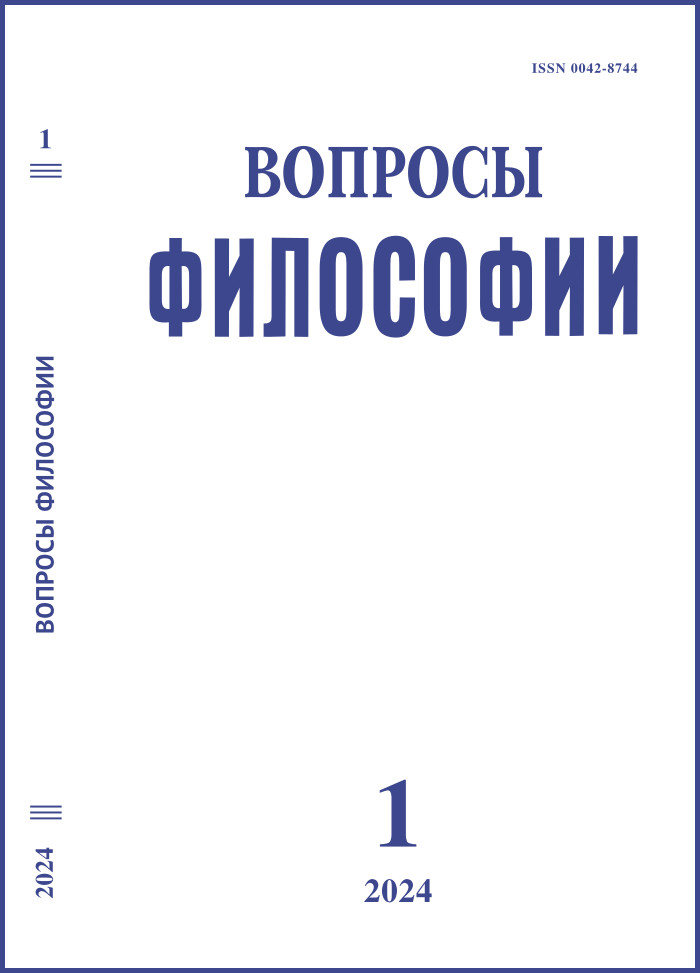“Mental Autonomy” as an Alternative to “Free Will”. Neurophilosophical Compatibilism
DOI:
https://doi.org/10.21146/0042-8744-2024-1-76-87Keywords:
philosophy of mind, free will, neurophilosophy, mental autonomy, neuroscience, compatibilism, incompatibilism, eliminativism, naturalism, Metzinger, Walter.Abstract
The article analyzes the existing naturalistic approach to the problem of free will. This approach identifies itself as “neurophilosophical”. It is argued that neuroscience is necessary to formulate an empirically grounded and conceptually complete notion of “free will”. It is shown that the neurophilosophical position on free will is inconsistent with theories that advocate both libertarianism and hard determinism. This position is based on the concept of “mental autonomy”, which claims to replace “free will”. The possibility of elimination of free will is analyzed, and the content of the concept of “mental autonomy” is revealed. The article proposes a themed analysis of recent experiments and new scientific data that update the conventional views on the functioning of decision making process. In the course of the research it is established that despite the aspiration of neurophilosophers to eliminate the concept of “free will”, the alternative they propose in the form of mental autonomy conceptually complements and continues classical hierarchical compatibilism. On this basis, the neurophilosophical approach to the problem of free will has been labeled as neurophilosophical compatibilism (NC). This concept is free from such flaws of the “free will concept” as philosophical overloadness and inscription in everyday language, that harden non-premise work with the phenomenon. The author concludes that NC can become the basis for productive interdisciplinary interaction between philosophers and neuroscientists, which will contribute to significant progress in future research on the problem of free will.

